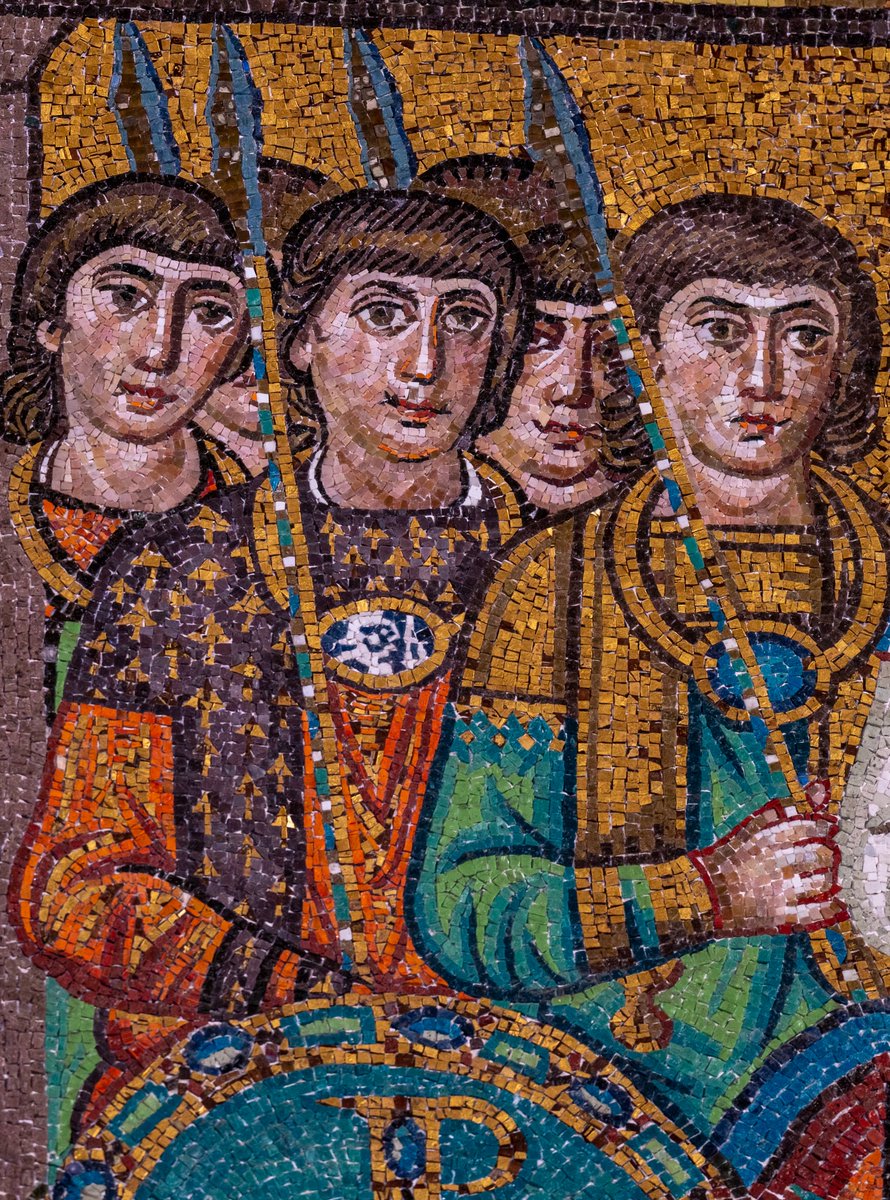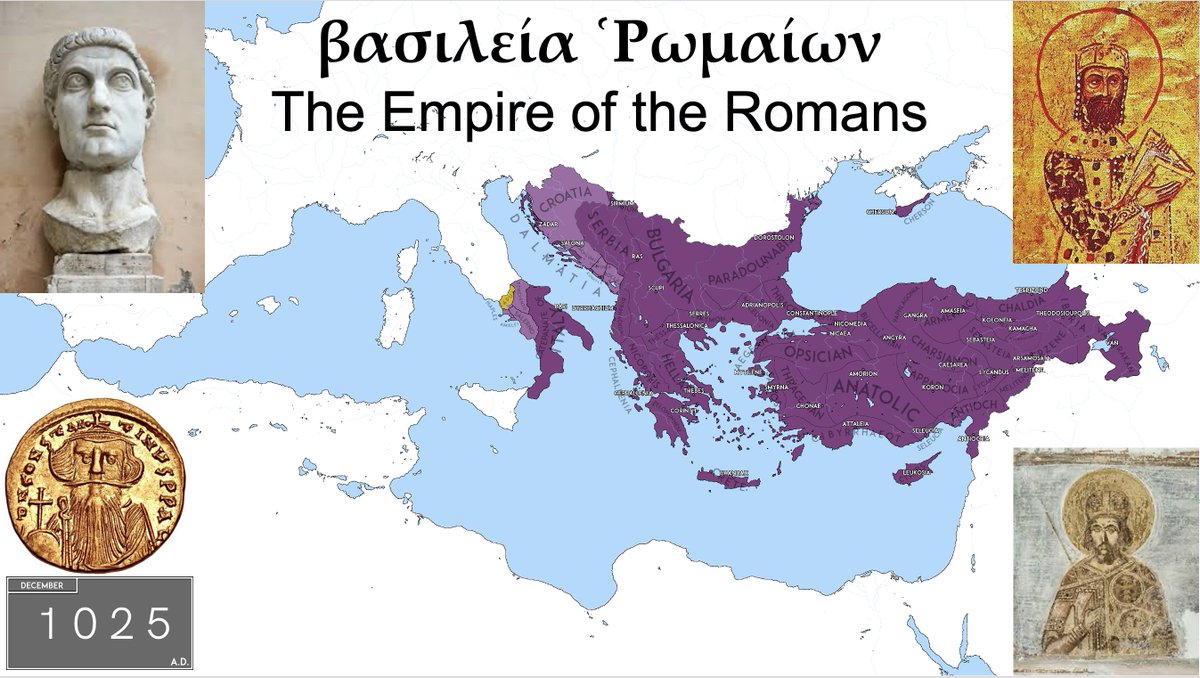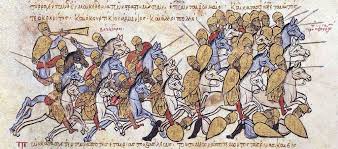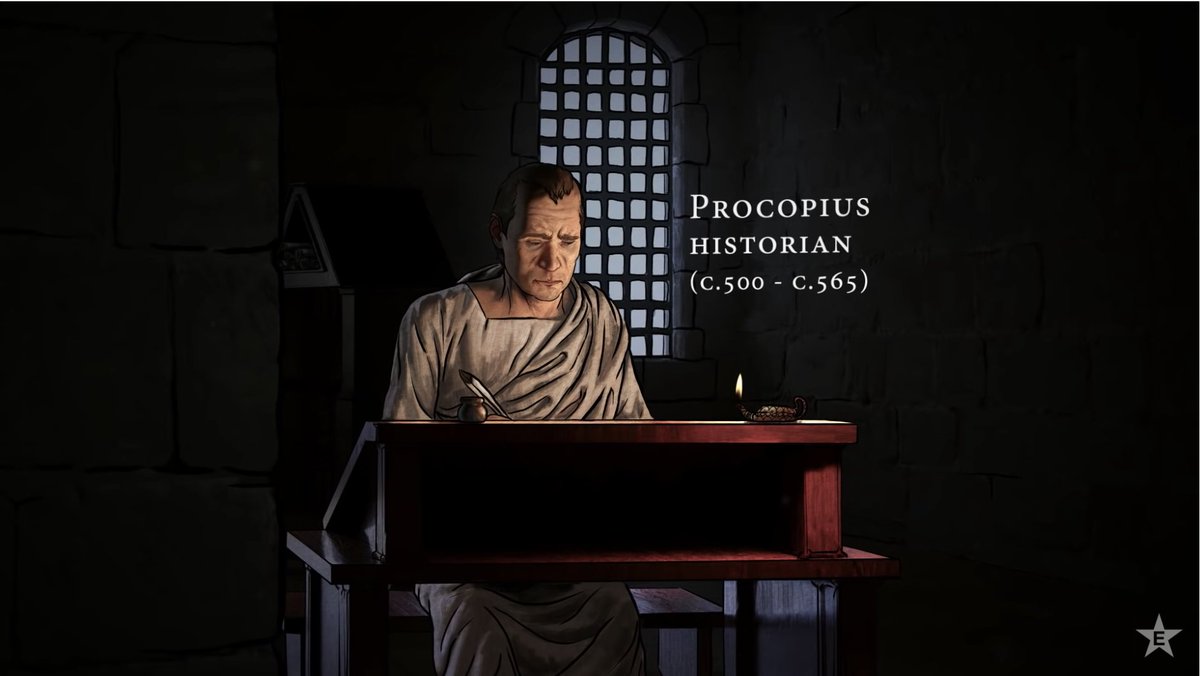Justinian and Belisarius: how was their relationship? Typically, historians emphasize animosity and conflict between the two elite Romans. I think this approaches their relationship from the wrong angle. Read on if interested. ⬇️ #Roman #Byzantine #History 



For centuries, modern historians have argued that Justinian was jealous of Belisarius' successes and sought to undermine him whenever possible to limit his achievement. We can trace this argument at least back to Gibbon, but it is still present in a book as recent as 2021. 

On what basis might modern historians be making this claim? On multiple occasions, Procopius and Agathias note that other military officers or government officials were jealous of Belisarius' success, and so they slandered him to Justinian. 

It seems that there is an assumption among modern historians that Justinian himself was therefore also jealous of Belisarius and his successes, even though this is not made explicit by ancient sources.
Modern historians also assume jealousy from the two disgraces of Belisarius at the order of Justinian. In 542, B was fired from his position as General of the East and held in disgrace for months. 20 years later, in 562, B was deprived of his honors and disgraced for months. 

There is no doubt that these were instances where the relationship between Belisarius and Justinian was at a low ebb. Clearly, to give orders like this Justinian must have been angry and distrusted Belisarius at the moment, and Belisarius might have resented the punishment.
But these two occasions stand out precisely because they were out of the norm. Over the long run of their lives, the relationship of Belisarius and Justinian was cordial and productive! Let's talk for a minute about just how long this relationship lasted.
Belisarius first appears in the service of Justinian as a guardsman in 526, but given his relative seniority in the guards, it is likely he had already been in service with Justinian before this date. We cannot be sure for how long. 

On the other end, Belisarius and Justinian both died in 565. This means that their professional relationship lasted about 40 years!
Now, we cannot be sure the two men were close for all of those 40 years. Belisarius last served Justinian in a military capacity in 559, and there is no mention in any source of Belisarius and the emperor interacting after the former's restoration from disgrace in July 563. 

But even if we take as a smaller bounds the time between Belisarius' first mention in Justinian's service (526) and his last (559), 33 years is still an exceptionally long time for a professional relationship between two powerful, elite Roman men.
And it is worth emphasizing that unlike the endings of some long-term relationships between other powerful Romans (Aetius and Valentinian III come to mind), both Belisarius and Justinian died peacefully in their beds. This relationship did not end in violence. 

That Belisarius and Justinian worked together for so long, through stress, triumph, and despair (both professional and personal) is nothing short of remarkable. When considered this way, it is the stability of their relationship that stands out, not their brief disagreements. Fin
• • •
Missing some Tweet in this thread? You can try to
force a refresh





















